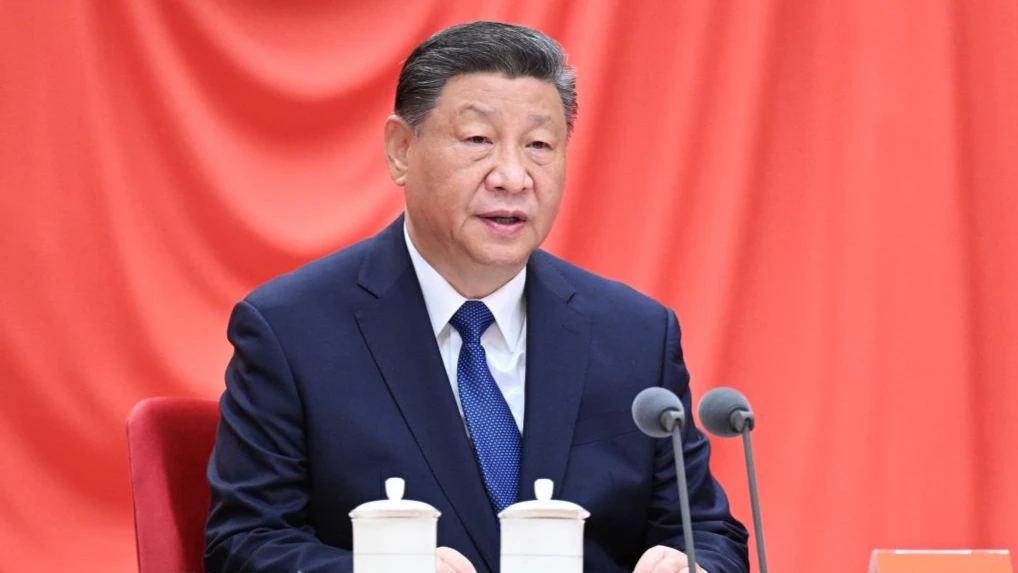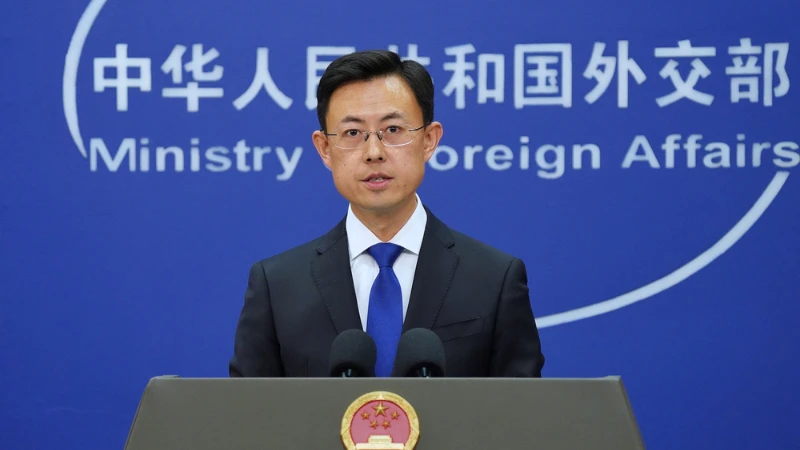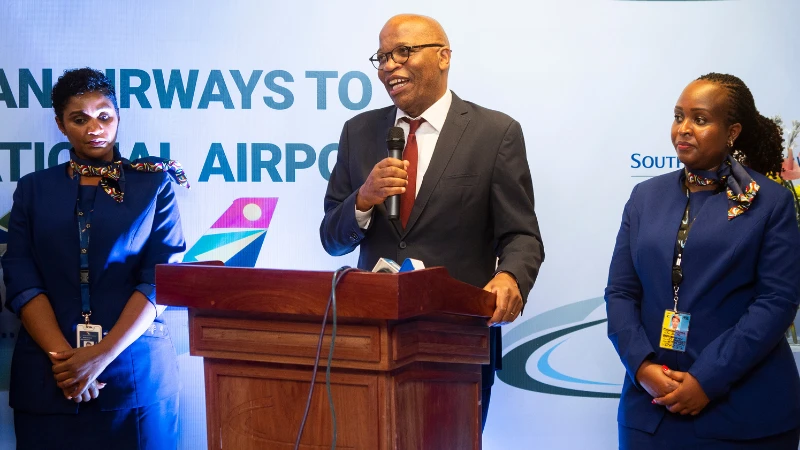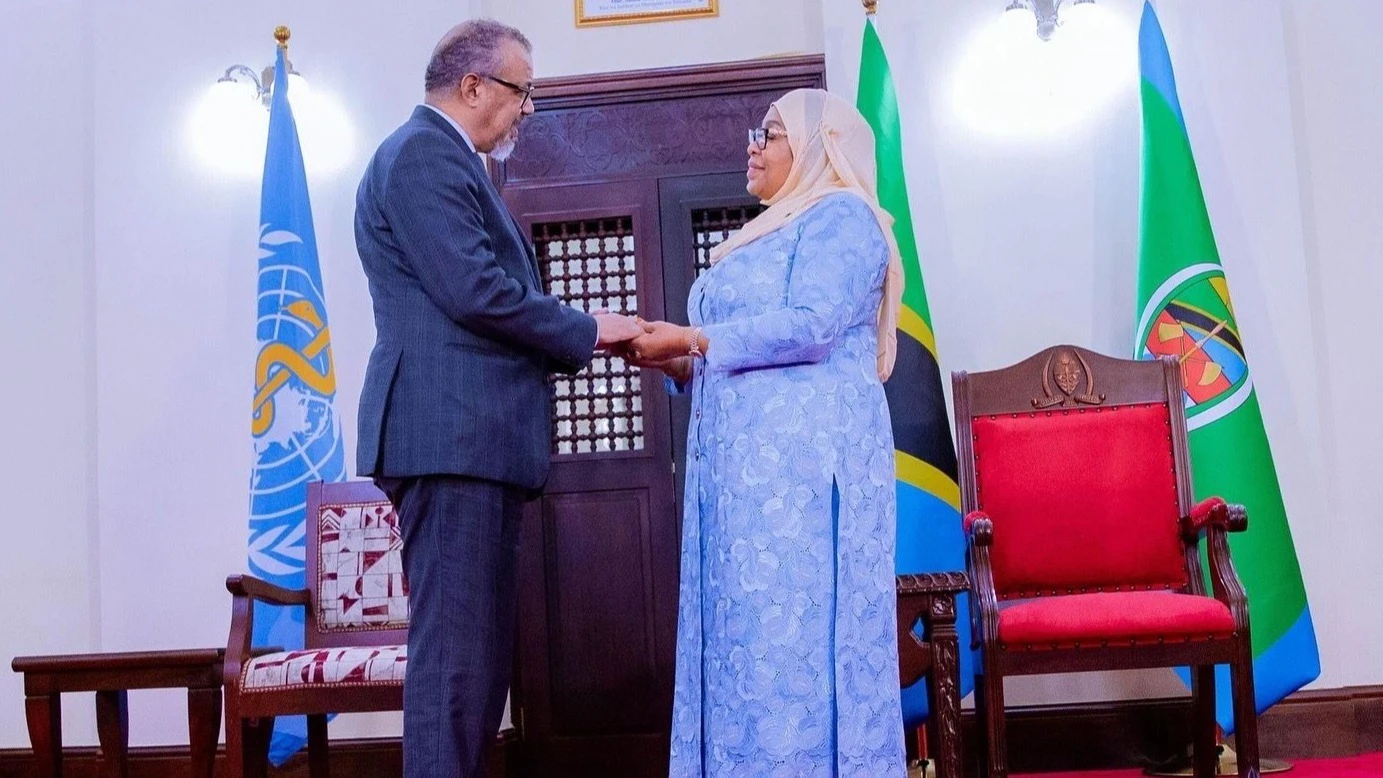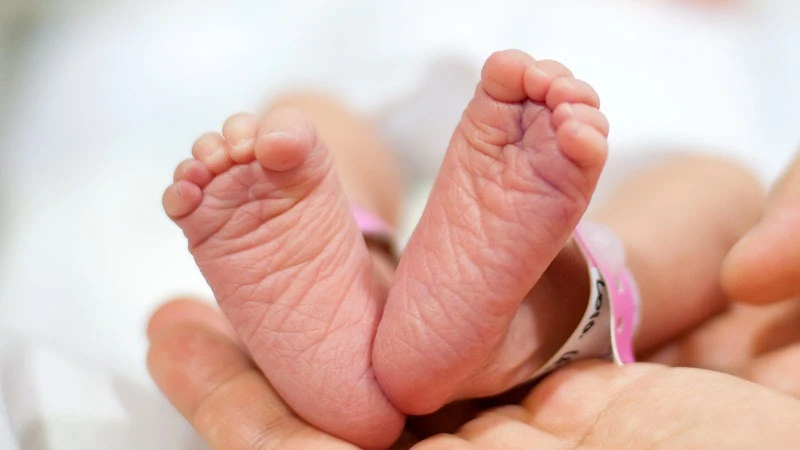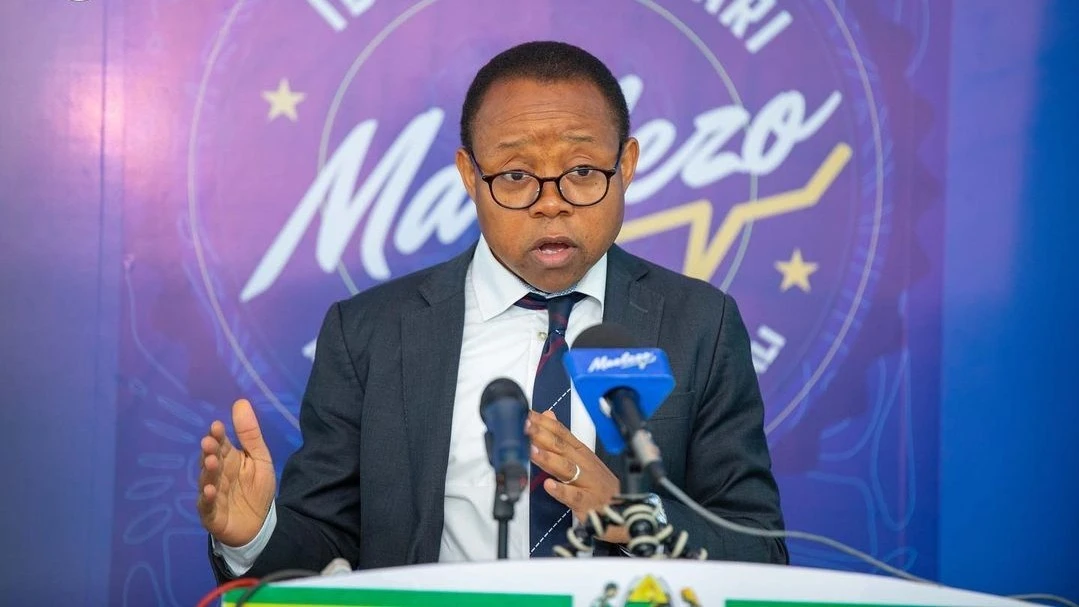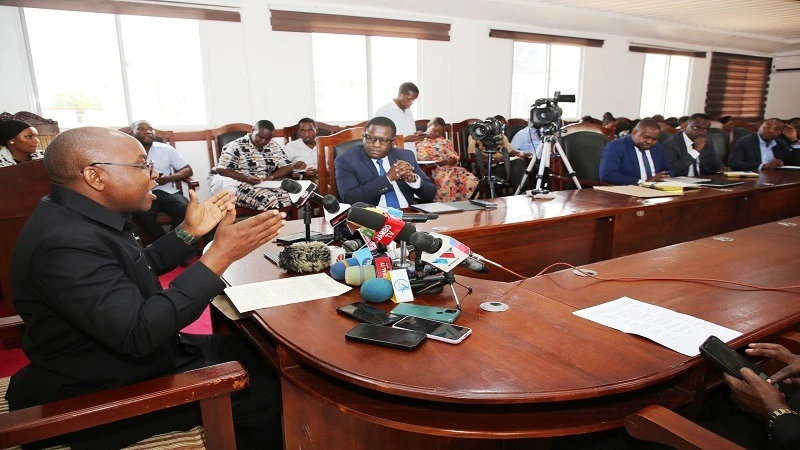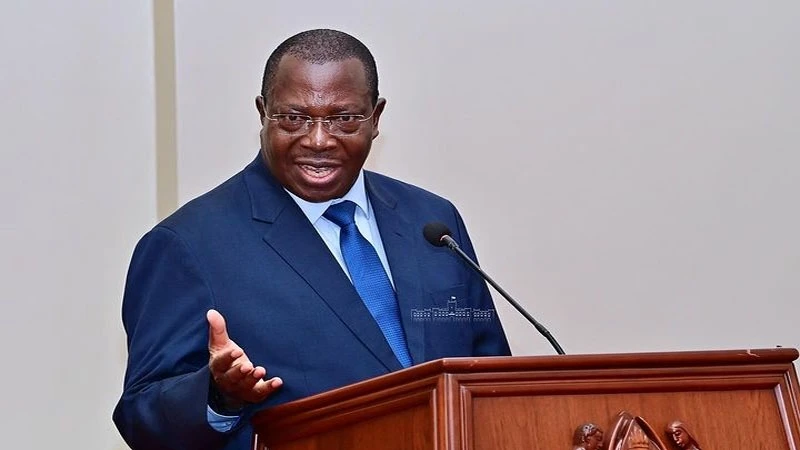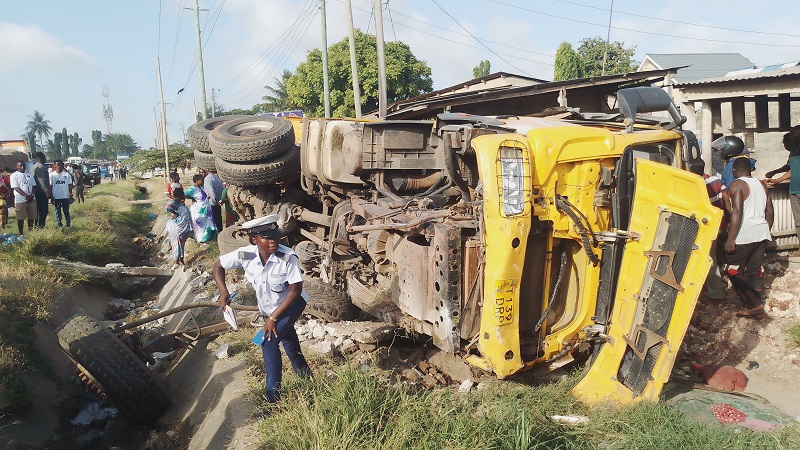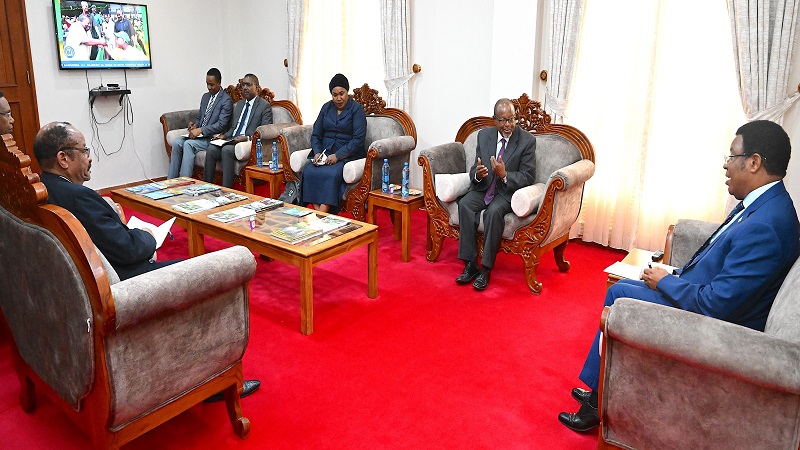World Autism Day: Empowering advocacy and inclusion for persons with spectrum disorder

On April 2nd, World Autism Day was celebrated. This global event highlights the hurdles faced by individuals with autism spectrum disorder (ASD) daily. In places like Tanzania, where resources for support are scarce, the significance of this day is amplified. It is time stakeholders united in recognizing the challenges and advocating for greater understanding and inclusion for those on the autism spectrum, not just in Tanzania, but worldwide.
In 1911, when German Psychiatrist Eugen Bleuler coined the concept of autism to describe a symptom of the most severe cases of schizophrenia, a concept he had also created, nobody had it in mind that people with the ailment would be associated with social communication and interaction.
As time went by, the World Autism Organisation (WAO) was initiated, dedicated to improving the quality of life of people with autism and their families.
On December 2nd and 3rd last year, Tanzania hosted the International Conference for Autism and Neurodevelopmental Disorders (ICAN) at the Julius Nyerere International Convention Centre (JNICC), Dar es Salaam.
The milestone event was organized jointly by the Victorious Centre of Excellence and Autism Connect. Victorious Centre of Excellence, provides extensive rehabilitation therapy services and extracurricular activities to individuals with autism spectrum disorders in Tanzania. Equally, Autism Connect is committed to creating awareness, providing education, and facilitating comprehensive care for individuals with Autism around the world.
The conference aimed to raise awareness about Autism and provide a platform for professionals and experts to share experiences and discuss recent developments in the field. The conference was graced by the Minister of Health, Ummy Mwalimu, showcasing the government's strong commitment to addressing Autism-related challenges.
The unique event provided an excellent opportunity for professionals to highlight their work, exchange knowledge, and network with peers, driving progress in Autism research and care.
Distinguished guest speakers from various countries, including Tanzania, Kenya, India, the United States of America (USA), South Africa, Kuwait, and the United Arab Emirates (UAE) shared insights and discussed new treatments for Autism.
The Minister of Health's attendance underscored the government's commitment and support in improving the lives of individuals with Autism, making ICAN a significant step in Tanzania's initiatives to grapple with Autism.
At the heart of the initiative is the recognition of ASD as a complex neurodevelopmental condition that affects social interaction, communication, behavior, and sensory processing. While the exact causes of autism remain elusive, a combination of genetic and environmental factors is believed to contribute to its development. Despite the lack of a cure, specialized interventions aimed at improving symptoms associated with the disorder have shown promise, emphasizing the importance of early intervention.
However, the gravity of autism cannot be overstated. For individuals with ASD, as well as their families and communities, the lifelong challenges posed by the condition are significant. From difficulties in social interaction and communication to heightened sensory sensitivities and repetitive behaviors, autism profoundly impacts daily functioning and quality of life. Moreover, individuals with ASD often face stigma, discrimination, and barriers to accessing essential services such as education, employment, and healthcare.
Disparities in autism awareness and support services are particularly pronounced in developing countries, where resources for diagnosis, treatment, and support are often limited or inaccessible. Children with autism in these regions face significant challenges, including delayed or overlooked diagnosis, lack of specialized intervention services, and societal stigma. Families, particularly mothers, often bear the burden of caring for children with ASD, exacerbating stress, financial strain, and social isolation.
Against this backdrop, a remarkable grassroots initiative that was last year spearheaded by 15-year-old activist Madeleine Kimario has garnered attention. Kimario's dedication to supporting children with autism in Tanzania through fundraising efforts highlights the urgent need for increased awareness and resources in developing countries. Inspired by her desire to make a difference in society, Kimario's initiative has raised an impressive sum of $100 million to support children with autism in her community.
Kimario's story serves as a poignant reminder of the power of youth activism and community collaboration in addressing pressing social issues. Through her school project, she galvanized support from various stakeholders to fund a one-year project aimed at providing speech and occupational therapy for students with autism at the Msimbazi Mseto Autism Centre in Dar es Salaam's Ilala District. The initiative, launched in January 2023, encompasses a range of interventions, including therapy sessions, transportation support, and the renovation of therapy rooms.
The significance of Kimario's initiative extends beyond its immediate impact on the lives of autistic children in Tanzania. It underscores the pressing need for increased awareness, advocacy, and support services for individuals with ASD, not only in Tanzania but across Africa and beyond. By raising awareness and fostering inclusion, initiatives like Kimario's contribute to creating a more inclusive and supportive world where all individuals, regardless of neurodiversity, can thrive and fulfill their potential.
However, Kimario's initiative also highlights the stark disparities in autism awareness and support services between developed and developing countries. While developed countries have established research agendas and comprehensive support services for individuals with ASD, developing countries like Tanzania struggle to provide basic clinical services and quality care for affected children. The lack of research and support infrastructure in Africa exacerbates the challenges faced by families and communities affected by autism, perpetuating stigma and hindering access to essential services.
Addressing these challenges requires a multifaceted approach that encompasses increased research, awareness, advocacy, and support services tailored to the needs of individuals with ASD and their families. Collaborative efforts between governments, non-governmental organizations, international agencies, and local communities are essential to bridge the gap in autism awareness and support services between developed and developing countries.
As the World marks Autism Day, it is crucial to recognize the efforts of developed nations that have made significant strides in grappling with autism spectrum disorder (ASD). These nations serve as models for promoting acceptance, understanding, and inclusion for individuals with ASD, showcasing effective strategies and support systems that can be emulated worldwide.
One such nation is the United States, where comprehensive autism awareness and support initiatives have been implemented at both federal and local levels. The Autism CARES Act, first enacted in 2000 and reauthorized in 2019, provides funding for autism research, early detection, intervention services, and support for individuals with ASD and their families. This legislation has been instrumental in advancing autism research, improving diagnostic capabilities, and expanding access to evidence-based interventions.
Moreover, the U.S. Centers for Disease Control and Prevention (CDC) regularly monitors autism prevalence and research to better understand the disorder's epidemiology and impact. This data-driven approach has informed public health policies, educational programs, and intervention strategies aimed at improving outcomes for individuals with ASD.
In addition to federal initiatives, many states in the U.S. have implemented comprehensive autism insurance mandates, ensuring that individuals with ASD have access to essential services such as behavioral therapy, speech therapy, and occupational therapy. These mandates require health insurance plans to cover autism-related services, reducing financial barriers and ensuring that individuals with ASD receive timely and appropriate care.
Furthermore, educational policies such as the Individuals with Disabilities Education Act (IDEA) mandate that children with disabilities, including ASD, receive a free and appropriate public education in the least restrictive environment possible. This legislation has led to the development of specialized educational programs, support services, and accommodations tailored to the unique needs of students with ASD.
Other developed nations, such as Canada, Australia, and countries in Western Europe, have also made significant progress in addressing the needs of individuals with ASD. Comprehensive autism support systems, including early intervention programs, specialized healthcare services, and inclusive education policies, are key components of their approach to autism awareness and support.
Developed nations like the United States and the United Kingdom have made progress in addressing autism through legislation and initiatives. Yet, globally, much work remains. Celebrating World Autism Day spotlights activists like Madeleine Kimario, whose work in Tanzania, like the Autism Resource Center, bridges gaps in awareness and support. Drawing from their successes, countries can create a more inclusive society, empowering individuals with ASD to thrive. Together, we can normalize autism acceptance and inclusion worldwide.
Top Headlines
© 2025 IPPMEDIA.COM. ALL RIGHTS RESERVED












